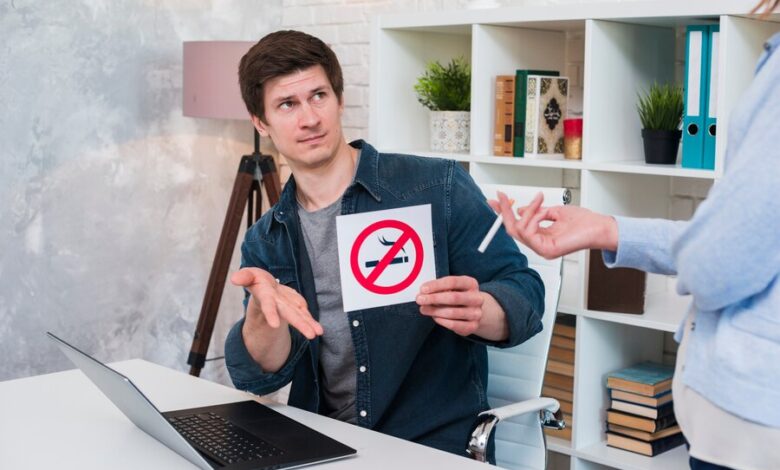
Understanding and avoiding common triggers is very important during the whole process of your addiction treatment.
Triggers can lead to cravings and potential relapse. Knowing what sets off these cravings and how to avoid them will help you maintain your sobriety after your treatment for addiction.
Here are the common triggers and strategies that you should avoid.
- Stress
Stress is a significant trigger for many people. It can make you feel overwhelmed and lead to substance use as a coping mechanism. To avoid this trigger, practice stress management techniques like deep breathing, meditation, or exercise. Developing a routine that includes relaxation activities can help you manage stress more effectively.
- Social Situations
Being in social situations where substances are present can be challenging. These environments can trigger cravings and make it hard to stay sober. Avoid places and events where you know substances will be available. If you must attend, bring a sober friend for support and have an exit plan in case you feel tempted.
- Negative Emotions
Feelings of sadness, anger, or loneliness can trigger substance use. These emotions can be powerful and hard to manage. To avoid this trigger, develop healthy ways to cope with negative emotions. Talking to a therapist, journaling, or engaging in a hobby can help you process your feelings without turning to substances.
- Boredom
Boredom can lead to substance use simply to fill the time. Keeping yourself busy is key to avoiding this trigger. Find activities you enjoy and make them a regular part of your routine. Hobbies, volunteering, or learning something new can keep your mind occupied and away from thoughts of substance use.
- People
Certain people can be triggers, especially those you used to use substances with. It can be difficult to cut ties, but it’s necessary for your recovery. Avoid spending time with individuals who do not support your sobriety. Surround yourself with positive influences who encourage and support your addiction treatment journey.
- Places
Returning to places where you used to use substances can trigger cravings. These places hold memories that can be hard to resist. To avoid this trigger, find new locations to visit and create new, positive memories. Explore new hobbies and interests that take you to different places.
- Celebrations
Celebrations and special occasions often involve substances, making them tricky to navigate. Plan ahead for these events. Bring your own non-alcoholic drinks and have a plan to handle offers of substances. Communicate your commitment to sobriety to friends and family so they can support you.
- Physical Illness
Physical illness can be a surprising trigger. Pain or discomfort might lead to substance use for relief. Always consult a doctor for managing pain or illness, and make them aware of your history of addiction. They can help you find safe ways to manage your symptoms without risking relapse.
Recognizing your triggers and having strategies to avoid them is crucial to maintain sobriety.
With dedication and the right approach, you can overcome these triggers and continue on your path to addiction recovery.



